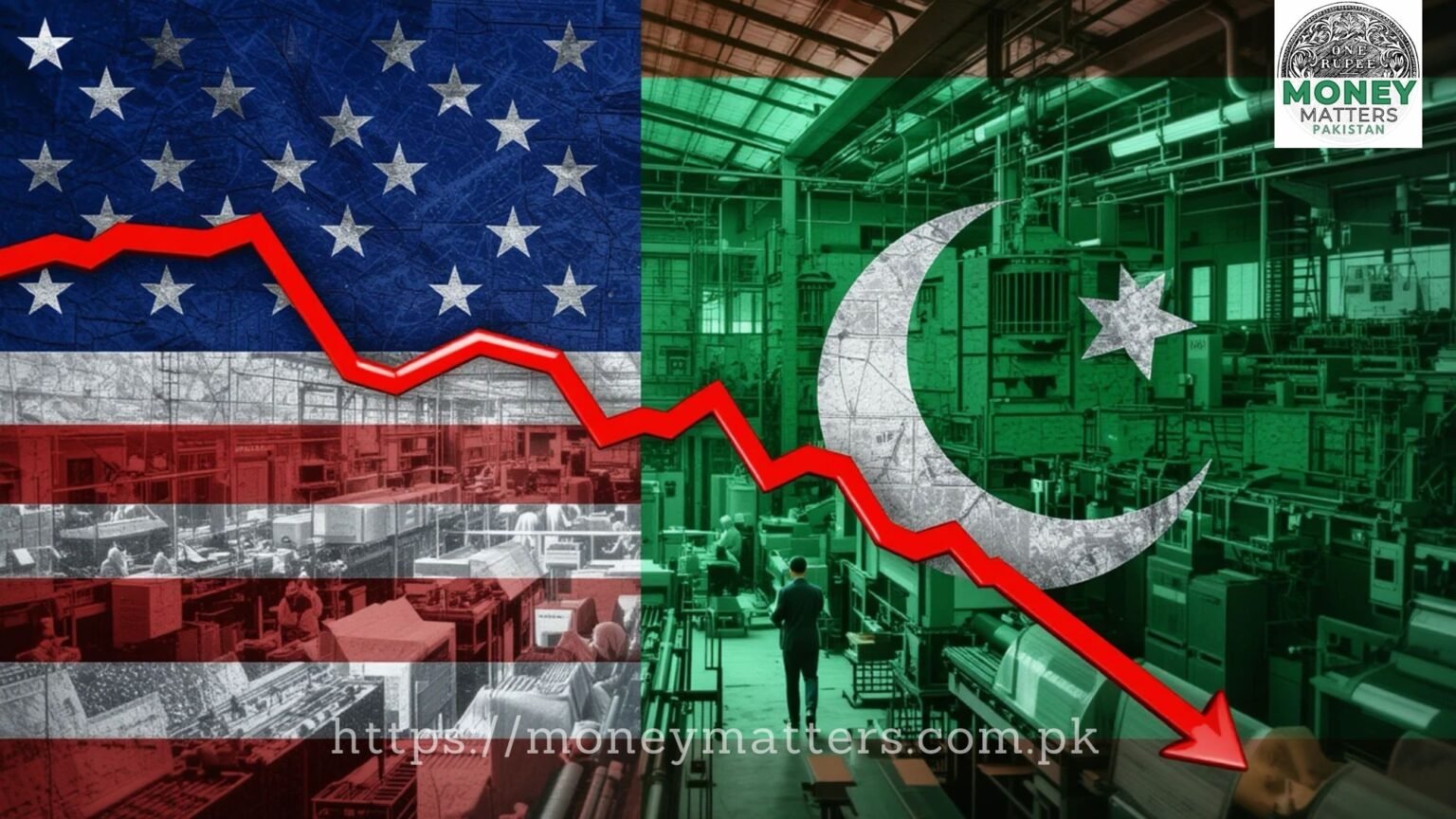Study warns of ‘devastating impact’ and urges diversification as Trump-era tariffs resurface.
Key Takeaways:
- Proposed US tariffs could cause a $1.1-1.4 billion decline in Pakistan’s exports.
- The textile sector is most vulnerable, potentially losing half a million jobs.
- The Pakistan Institute of Development Economics (PIDE) urges export and market diversification.
Islamabad, Pakistan – April 14, 2025 – Proposed tariffs by the United States pose a significant threat to Pakistan’s economy, potentially wiping out $1.1 to $1.4 billion in exports, according to a study by the Pakistan Institute of Development Economics (PIDE). The tariffs, if implemented, could have a “devastating impact” on the country’s export sector, particularly the textile industry, which is the largest export market for Pakistan.
The PIDE study, titled ‘Impact of Unilateral Tariff Increase by United States on Pakistani Exports’, analyzed the consequences of a proposed 29% reciprocal tariff on Pakistani exports to the United States. This, combined with the existing 8.6% Most Favored Nation (MFN) tariff, would result in a total duty of 37.6%. The study projects a 20-25% decline in exports to the US, with the textile sector bearing the brunt of the impact.
PIDE analysis warns of increased vulnerability for non-textile exports, including leather, rice, surgical instruments, and sports goods. Major exporters may be forced to reduce production, threatening more than 500,000 jobs.
Pakistan exported $5.3 billion worth of goods to the United States in fiscal year 2024, making it the country’s largest single-country export market. A significant portion of these exports were textiles and apparel, which already face tariffs as high as 17%. The proposed tariffs would severely erode Pakistan’s price competitiveness, potentially allowing regional competitors like India and Bangladesh to capture market share.
Beyond textiles, the PIDE analysis warns of increased vulnerability for non-textile exports, including leather, rice, surgical instruments, and sports goods. Major exporters may be forced to reduce production, threatening more than 500,000 jobs.
In the short term, PIDE recommends high-level diplomatic efforts to highlight the mutual costs of the tariffs and preserve long-standing trade relations. Pakistan might also consider reducing tariffs on select US imports to create room for negotiation. For the long term, PIDE emphasizes the need to diversify both export products and markets, exploring opportunities in the European Union, China, Asean nations, Africa, and the Middle East. The report also calls for measures to reduce energy and logistics costs, streamline regulations, and promote innovation and technology adoption.
PIDE also noted that the proposed US tariffs exceed the World Trade Organisation’s (WTO) bound tariff ceiling of 3.4%, potentially violating multilateral trade rules. While legal recourse through the WTO remains an option, Pakistan’s limited fiscal resources may hinder such efforts.




